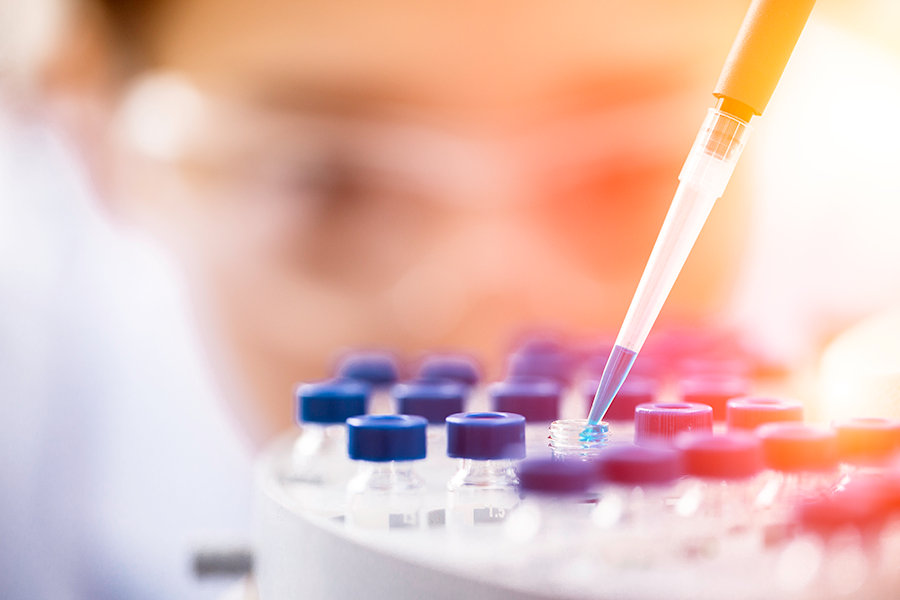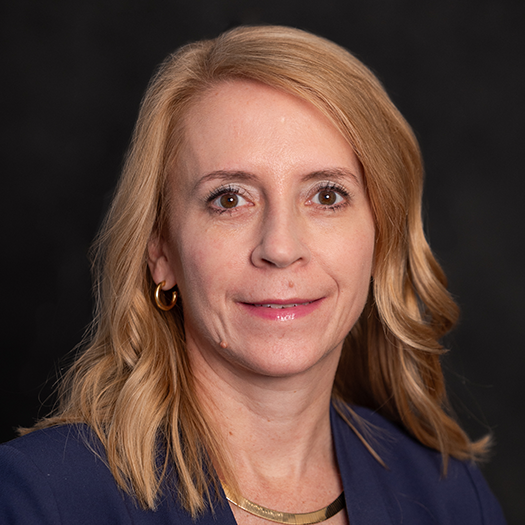
Pediatric Pathology Fellowship

The Pediatric Pathology Fellowship is a one-year ACGME-accredited program designed to provide fellows with training in all aspects of pathology relating to the fetus, infant and child.
Fellows will benefit from a rich clinical experience in all areas of pathology. This includes working alongside nationally-recognized experts in a wide range of subspecialties, such as tumor pathology, placental pathology, gastrointestinal pathology, fine needle aspiration and informatics. Training in clinical pathology is also incorporated, with particular strength in hematopathology and transfusion medicine.
Fellows must have an MD, or DO, degree, be eligible for medical licensure in the District of Columbia and have completed training in AP or AP/CP prior to commencing the fellowship.

Christopher Rossi, MD

Director, Pediatric Pathology Fellowship Program, Associate Chief, Pathology and Laboratory Medicine

Meghan Delaney, DO, MPH

Division Chief, Pathology and Laboratory Medicine
Explore Our Fellowship
The fellow will assist with all autopsies unless on an outside rotation. He/she will also participate in one of the following services each day:
- Surgical pathology
- Consult pathology
- Neuropathology
- Gastrointestinal Pathology
- Specific time for rotation in Hematopathology and Clinical Pathology is allowed in the spring (April or May), with an additional month dedicated to an elective rotation or research if desired.
By the end of the fellowship program, each trainee is expected to acquire the skills and knowledge necessary to meet the six ACGME core competencies as below:
Patient Care
Gather, review and integrate appropriate clinical information regarding pathology cases, including clinical notes, results of radiologic studies and previous pathology/laboratory results. Interaction and discussion with colleagues in other departments is often necessary to adequately obtain this information.
Medical Knowledge
Recognize the difference between normal and abnormal histological findings, embryology and anatomy at various stages of development. Become acquainted with the common causes of death in pediatric patients and fetuses, metabolic and genetic disorders, malformations and congenital defects.
Practice-Based Learning and Improvement
Review and analyze scientific information from various resources (literature, textbooks, online databases/websites) relevant to patient material.
Interpersonal and Communication Skills
Effectively communicate and transmit appropriate information verbally and/or in writing to clinicians before, during or after evaluation of a pathology specimen.
Professionalism
Aim to perform duties with the utmost personal, professional and ethical considerations.
Systems-Based Practice
Understand the clinical implications and ramifications of pathologic diagnoses, especially those regarding treatment, follow-up and need for additional testing.
Faculty and Staff
Learn more about the experts in the Pediatric Pathology Fellowship.




